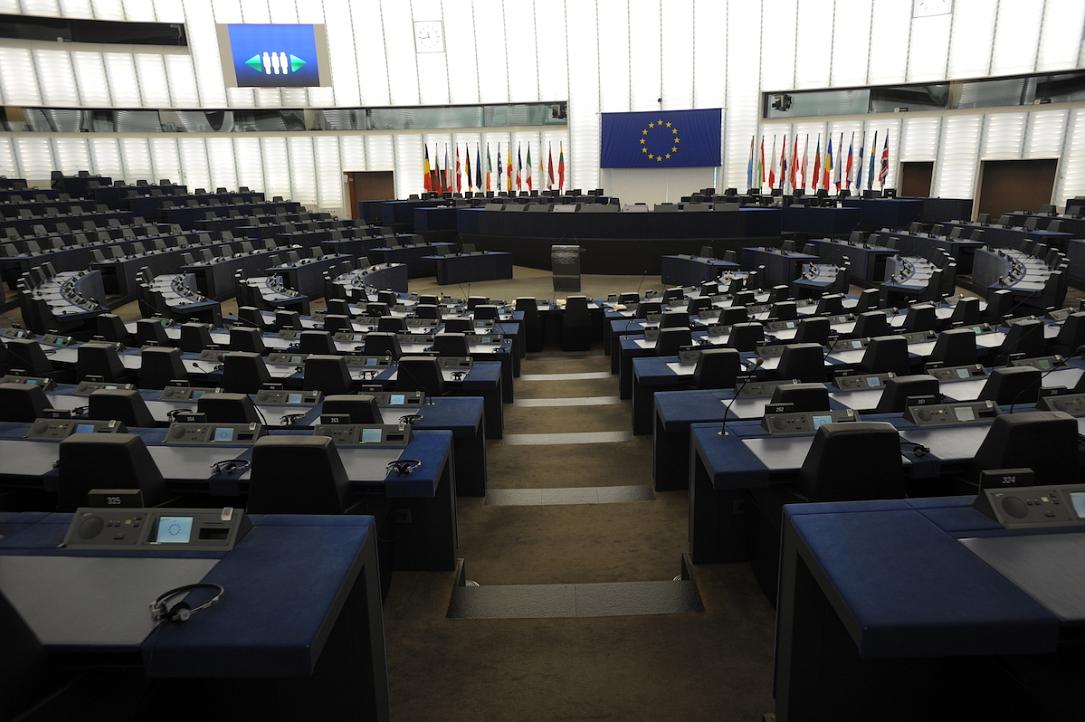Eurobarometer: Massive increase in interest for European Parliament elections among Romanians



Romania is among the countries where there has been a massive increase in interest in the European Parliament elections. The percentage of those who say they will probably be voting during the election jumped from 53% to 76%, making the interest in the European Parliament elections above the EU average, according to the latest Eurobarometer, released six months before the vote.
Romania is not an outlier. Compared to September 2018, in Poland, Slovakia, Romania, Portugal, and Greece, the number of those who say they will probably vote in the European Parliament elections on June 6, 2024, has increased by about 20%. Roughly 68% of Europeans say they will probably vote in the next European elections.
According to the Eurobarometer cited by G4Media, over 6 in 10 European citizens have read, seen, or heard something about the European Parliament (64%). The image of the European Parliament has remained stable since March 2023: 44% say they have a neutral image, 36% have a positive image, and 18% have a negative image.
According to the Eurobarometer, 28% of European citizens know that the European elections will take place in June 2024. In eight countries, including Romania, over 40% of citizens know the date of the European elections.
Democracy, the protection of human rights, and freedom of expression remain among the top three values that citizens would like the European Parliament to protect. Romania is among the countries that support the economy and the creation of new jobs to be among the priorities of the European institution.
Despite the interest in voting, Romania and the Czech Republic are among the countries with the fewest citizens who believe that the EU has an impact on their daily lives. According to the cited source, only 60% of Romanians and 60% of Czechs would say that the EU influences their lives. The two countries are surpassed only by Latvia, where only 57% of citizens believe that the EU has an impact on their lives. At the opposite end are Malta (89%), Cyprus, and Greece (both with 87%).
According to the Eurobarometer, almost three-quarters of Europeans believe that their standard of living will decrease in the next year (73%), while 24% do not expect any changes. The Nordic countries, Denmark, Finland, Sweden, and the Netherlands, are the ones that do not expect major changes. Romania is among the countries with the fewest citizens who say that their standard of living has decreased and is expected to continue to decline.
Six out of ten citizens are optimistic about the future of Europe. With the exception of France, where most citizens are pessimistic about the future of Europe, in all other countries, the number of optimistic citizens is higher than that of pessimists. In Romania, 51% of citizens are optimistic about the future of Europe, and 31% are pessimistic.
The image of the EU among European citizens has remained stable, with an average of 45% of citizens saying they have a positive image, 38% neutral, and 16% negative. In Romania, 49% of citizens declare that they have a positive image of the EU, 35% neutral, and 14% negative.
A large majority of European citizens (61%) believe that it is a good thing that their country is an EU member. More than 7 out of 10 citizens believe that their country has benefited from being an EU member, a percentage unchanged since November 2020, according to the Eurobarometer.
In all countries, most respondents say that their country has benefited from EU membership, but Romania is in the bottom five places in this regard as well. 69% of Romanians believe that their country has benefited from joining the European Union, while 26% say it has not.
The Eurobarometer survey of the European Parliament in the fall of 2023 was conducted by the research agency Verian (formerly Kantar Public) between September 25 and October 19, 2023, in all 27 EU member states. It was conducted face-to-face, with video interviews used additionally in the Czech Republic, Denmark, Finland, and Malta. In total, 26,523 interviews were conducted. The EU results were weighted according to the population size of each country.
(Photo source: Seyephoto | Dreamstime.com)